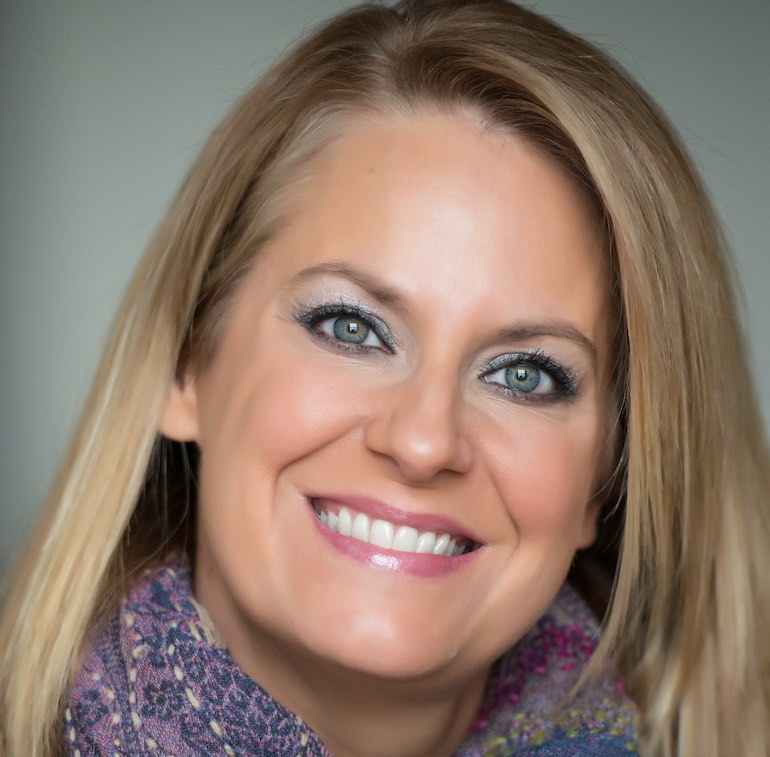4 minutes
Lay the foundation for successful organizational learning year over year by using clearly defined job competencies.
Ask Google for the “top business books of all time” and you’ll get some great titles: The Hard Thing About Hard Things by Ben Horowitz, Start with Why by Simon Sinek, Good to Great by Jim Collins and many others.
While a lot of good has come to people and organizations who’ve read these books and applied the authors’ ideas, there’s a problem with leading only with the advice of the latest best-sellers, excellent as they may be. The problem is that such books often don’t provide the tools and structure organizations need to build to effectively develop their team members for success year after year.
Rather than simply following one book’s advice one year and another’s advice the next, organizations should instead build a foundational but flexible program to determine the competencies—that is, the knowledge, abilities, skills, experiences and behaviors—their team members (senior leaders, managers and individual contributors) need to be successful in their unique role in your unique culture and the changing business environment. Only with good information about needed competencies and the competencies that team members have now can skills gaps be closed.
Only once an organization has a competency-based talent development program is it ready to read the latest business book and apply its ideas—on top of that competency-based infrastructure.
Align Job Competencies With Mission and Vision
If you just follow the latest fad from the latest business book, you can be pretty sure your talent development program will not purposefully align with your organization’s mission and vision. You also can be pretty sure that any effort to develop career paths for each employee won’t stay on an even keel over time.
When CUES Consulting works with a credit union to strengthen its talent development program and identify the critical “success competencies,” our first step is to take a hard look at the credit union’s organizational mission, vision and culture and align all efforts with them.
The next step is to do two assessments. First, we ask everyone in the organization what competencies each position at the credit union requires for success. Second, we find out what competencies every team member has, and at what proficiency level.
Having this data is the best way to clarify development needs. For example, if you need mastery of project management and don’t have it, you can get it through training (or hiring, although research by talent market thought leader Josh Bersin finds that hiring for needed technical competencies can cost a lot more than building them internally.)
Put It Into Action
Here’s how skills, competencies, roles and jobs relate:
Job: Teller
Role: Customer service
Competency: Communication
Skill: Talking with members
Bersin’s article gives several “use cases” for using a competency and skills approach. It can be helpful in recruitment, career development, pay and rewards, and in keeping up with the needs of your organization and its members.
I’d add that having competencies for each job and role spelled out helps employees with their seemingly simple but oh-so-important need to have full clarity about what is expected of them. It also gives managers direction for their coaching efforts. And, because the process starts with looking at the mission and vision, every effort made with talent development is in alignment.
Applying the ideas in a new business book every year can make your team feel like you’re always reinventing the wheel. Using competencies to align and structure your learning creates a sustainable talent development system that will build on your institution’s knowledge year after year.
Please reach out if you’d like to talk more about it.
Stepping into the gap between corporate complacency and organizational excellence is where Lesley Sears strives to be. In her role at CUES as VP/consulting services, Lesley leads CUES Consulting, which provides talent strategy support to credit unions of all sizes. Lesley is passionate about helping leaders find their company’s superpowers in talent development through a holistic approach: identify–develop–document–repeat. She’s a Lean Six Sigma Black Belt, a certified executive leadership coach and has more than 20 years of experience consulting with organizations across many industries to strategically develop their talent’s best selves. When she’s not working to help organizations maximize their potential, you can find her digging in her flower beds, reading or watching classic movies. Maybe, on a good morning in the spring and fall, you’ll find her running—really slowly.






